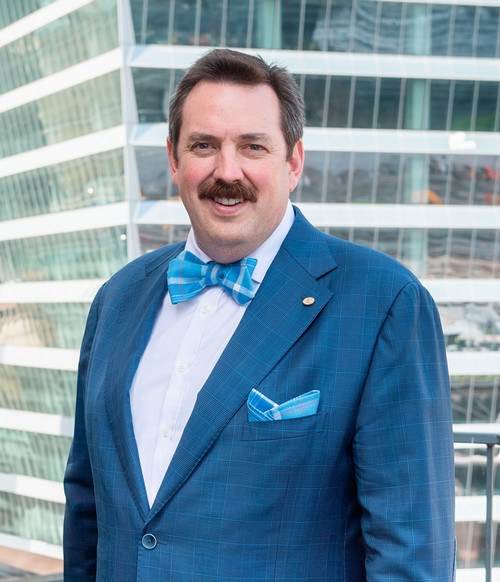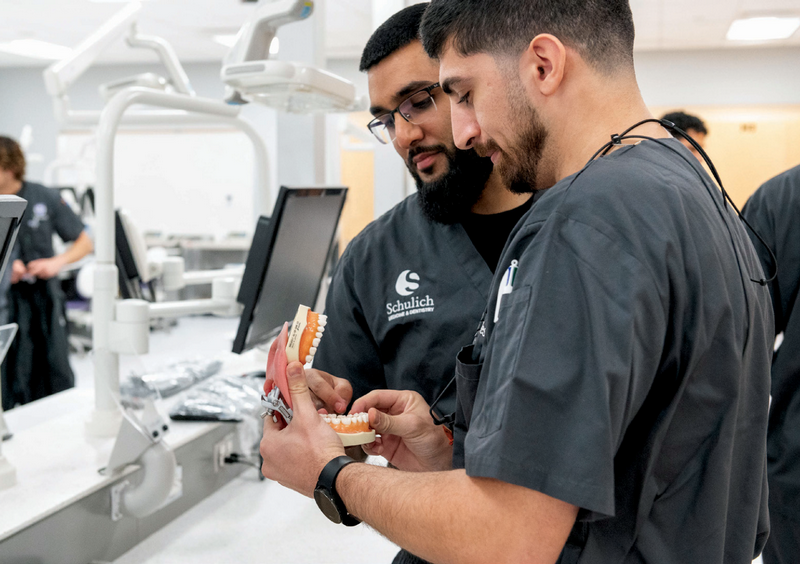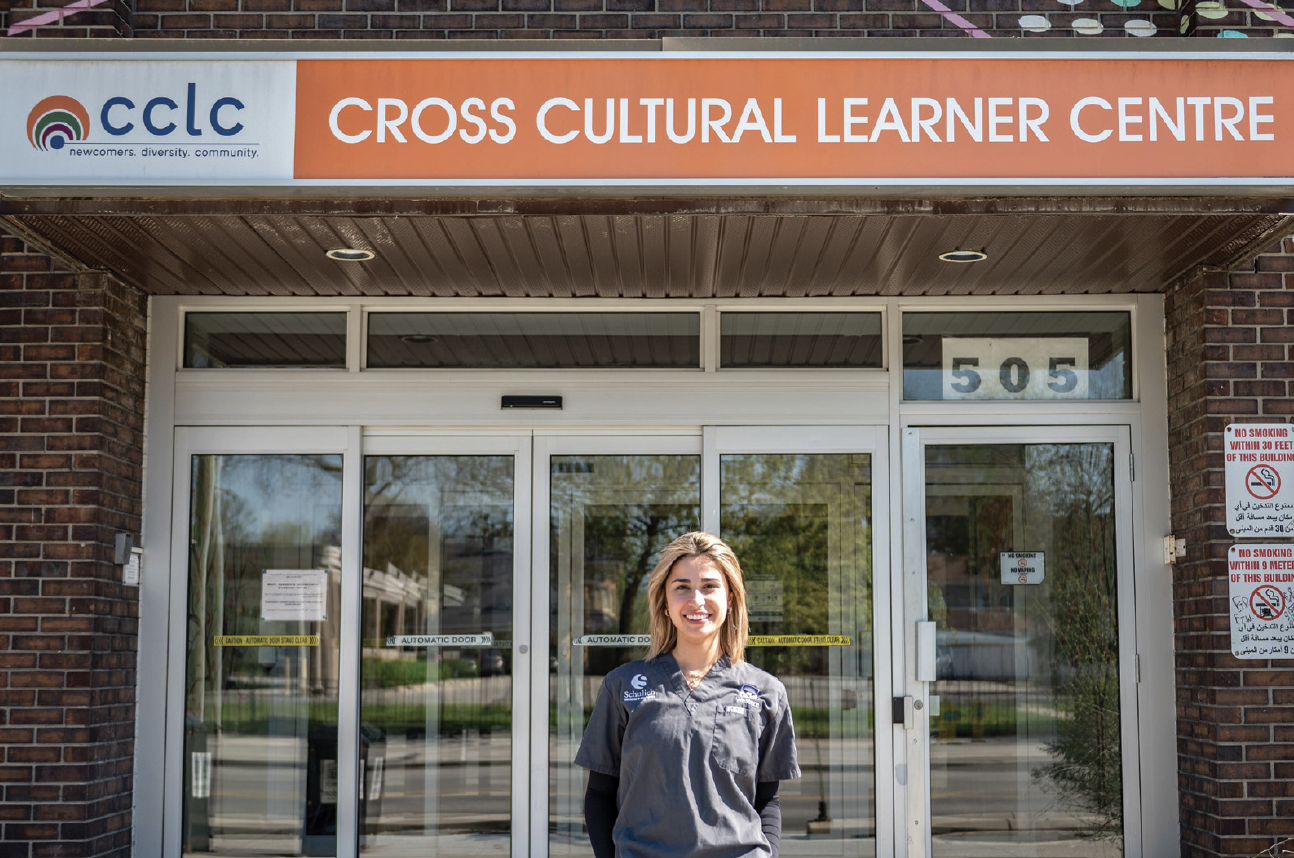The new Canadian Dental Care Plan has been called the most significant public policy intervention for dentistry in history. As immediate past president of the Ontario Dental Association (ODA), Dr. Brock Nicolucci, BSc’00, DDS’05 – a member of London, Ontario’s well-known family of dentists – engaged the federal government on behalf of the dental profession to shape the plan. Here, he shares his views on a $13-billion plan to provide dental care to uninsured Canadians.
 Dr. Brock Nicolucci, BSc’00, DDS’05
Dr. Brock Nicolucci, BSc’00, DDS’05
As ODA president, what role did you play in developing and rolling out the plan?
Representing more than 10,000 Ontario dentists, my role was advocating for dentists and patients as the federal government rolled out the CDCP. I was part of a strong team of colleague dentists, dental associations across Canada, and the ODA board and staff. We’ve had dozens of discussions with federal officials to make sure this program lives up to its promise. I also did more than 100 media interviews to keep the public informed and regularly updated ODA members.
You’ve called the CDCP a “game changer” in providing Canadians with access to dental care. What makes this plan so important?
Oral health is a major factor in overall health. Yet a quarter of Canadians don’t regularly visit the dentist because they cannot afford it. Oral health care is health care, and while most Canadians have dental benefits, there are gaps we need to fill. The CDCP will help as many as nine-million people access care. It won’t eliminate all costs, but it will help.
Critics of the plan, including some dentists, have raised concerns. Is there a way to improve uptake in the dental community?
You can see our framework for a strong program at oda.ca. A big part of the ODA’s role is to be a liaison between dentists and the federal government so that we build a CDCP that dentists are comfortable with and that serves patients well. I’m optimistic we’re getting there.
Is there a role for dental schools as the rollout continues?
School dental clinics are an important source of care and the training ground for the future. We need the input of dental schools to be heard and for public programs like this to be part of the learning that takes place.
How did your time training at Schulich Dentistry prepare you to take on the role of ODA president during such a transformative time of policy change?
Western has a rich history in academics and sports. My time at Western, from playing Mustang football to undergrad and dental school, taught me the importance and power of teamwork. I built lifelong connections with classmates and instructors – they are like family. They keep me informed about how dentists are feeling so the ODA is responsive. The old saying, “there is no ‘I’ in team” holds true to this day.













